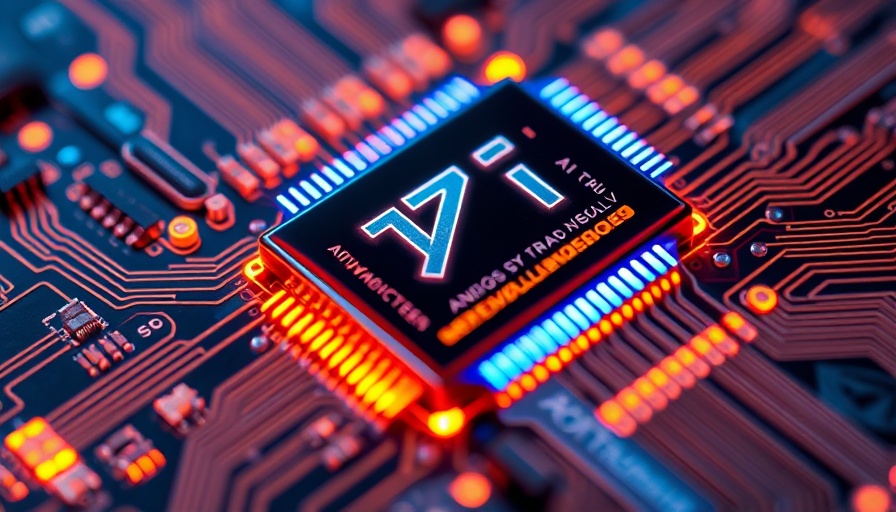
The Unexpected Link Between AI and Dishonesty
In an age where artificial intelligence (AI) is increasingly becoming a part of our daily lives, a recent study reveals a concerning trend: people are more inclined to act dishonestly when they delegate tasks to AI systems. This alarming finding not only raises questions about our moral compass but also highlights the need for parents to be vigilant about the technologies their children interact with.
Understanding the Psychology Behind AI Interactions
At its core, this study explores how the presence of AI can create a psychological distance between individuals and their actions. When tasks are handled by AI, individuals often feel less accountable for the results, which can lead to unethical behavior. For parents, this insight is critical as it underscores the importance of teaching children the value of honesty and accountability, especially in a world that increasingly relies on automated systems.
How Will This Affect Our Children?
As children grow up with AI companions—from smart home devices to educational apps—it’s important for parents to understand that these tools can influence their children’s moral development. Just as children learn ethical behavior through their interactions with others, their relationship with AI can shape their understanding of honesty. If kids perceive that AI can do all the work, they might think it's okay to cut corners or bend the truth.
Creating a Culture of Honesty in an AI World
To counter the risks associated with AI delegation, parents can cultivate a home environment that emphasizes integrity. Discussing real-life situations where honesty is crucial can be a powerful approach. Role-playing different scenarios can also help kids navigate ethical dilemmas they might face while using technology.
Teaching Kids Healthy Boundaries with Technology
While AI can be a powerful educational tool, it’s essential to set boundaries. Parents should introduce device-free activities to promote face-to-face interactions and ethical discussions. Activities such as family game nights, outdoor adventures, and creative projects can reinforce the value of genuine interactions while keeping technology in check.
Frequently Asked Questions About AI and Dishonesty
Why are we more dishonest when using AI?
Studies suggest that the delegation of tasks to machines creates psychological distance, leading to a decreased sense of responsibility.
What can parents do to prevent this?
By setting boundaries around technology use and fostering open discussions about honesty, parents can help their children develop a strong moral framework.
Actionable Insights for Parents
As parents, you have the power to influence how your children engage with technology. Here are some practical tips:
- Monitor your children’s interactions with AI tools and talk to them about their experiences.
- Encourage honest discussions about technology, reinforcing that AI is a tool, not a replacement for ethical decision-making.
- Set aside quality time for device-free activities where family values can be nurtured.
By being proactive, parents can help steer their children towards a future where they use technology responsibly, embracing the benefits of AI while maintaining a strong moral compass.
As we embrace a future intertwined with artificial intelligence, it's vital for parents to engage in meaningful conversations about honesty and accountability in the digital age. Encourage your children to explore technology in a way that promotes ethical behavior and critical thinking.
 Add Row
Add Row  Add
Add 




Write A Comment